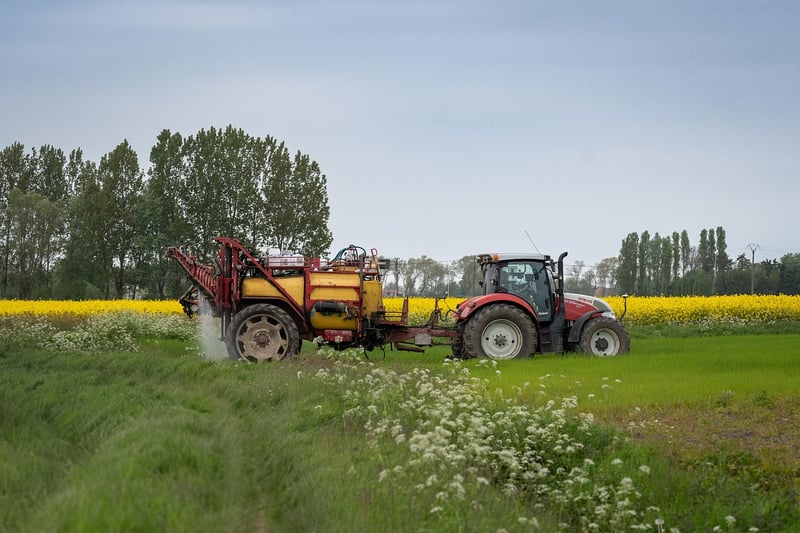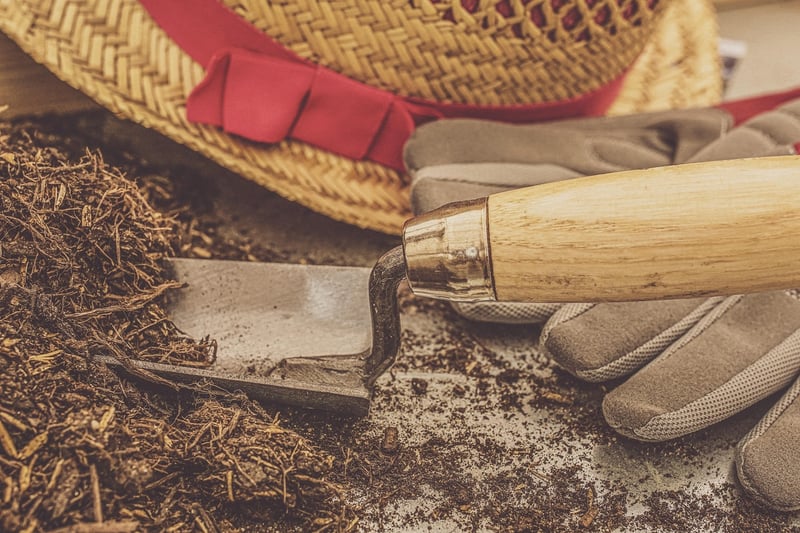Soil Maintenance
Guidelines for Healthy Plants and Soil Maintenance
Introduction
Having healthy plants starts with taking care of the soil they grow in. Proper soil maintenance is essential for the overall well-being of your plants. Here are some guidelines to help you maintain healthy plants and soil:
1. Choose the Right Soil
Before planting, make sure you have the right soil for your plants. Different plants require different types of soil. Ensure good drainage to prevent waterlogging.
2. Test the Soil
Regularly test your soil to check its pH and nutrient levels. This will help you adjust the soil conditions to meet the needs of your plants.
3. Add Organic Matter
Adding organic matter like compost or manure improves soil structure, provides nutrients, and encourages beneficial soil organisms.
4. Mulch
Applying mulch around plants helps retain moisture, suppresses weeds, and regulates soil temperature. It also adds organic matter as it breaks down.
5. Water Wisely
Water your plants deeply but less frequently to encourage deep root growth. Avoid overwatering as it can lead to root rot.
6. Weed Control
Regularly remove weeds as they compete with your plants for water and nutrients. Mulching can help reduce weed growth.
7. Rotate Crops
Rotate your crops each season to prevent nutrient depletion and minimize the buildup of pests and diseases in the soil.
8. Monitor for Pests and Diseases
Regularly inspect your plants for any signs of pests or diseases. Early detection can help prevent widespread damage.
9. Pruning and Deadheading
Prune your plants to remove dead or diseased branches and deadhead flowers to encourage new growth and flowering.
Conclusion
By following these guidelines for healthy plants and soil maintenance, you can create an environment where your plants thrive. Remember, healthy soil leads to healthy plants!


